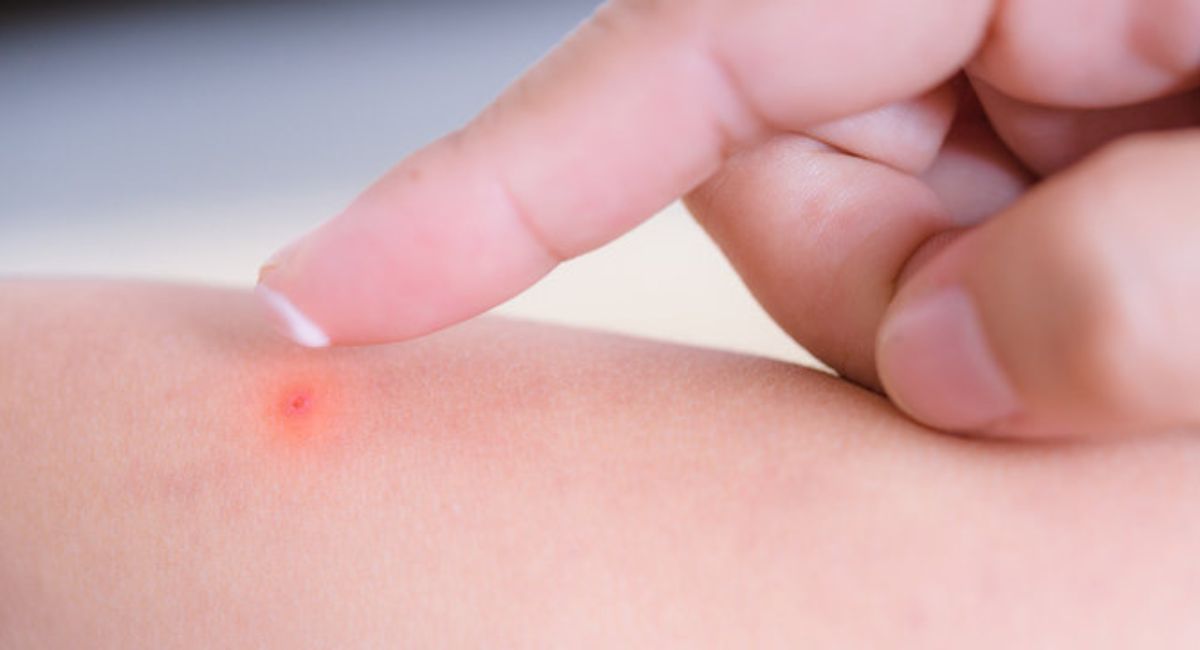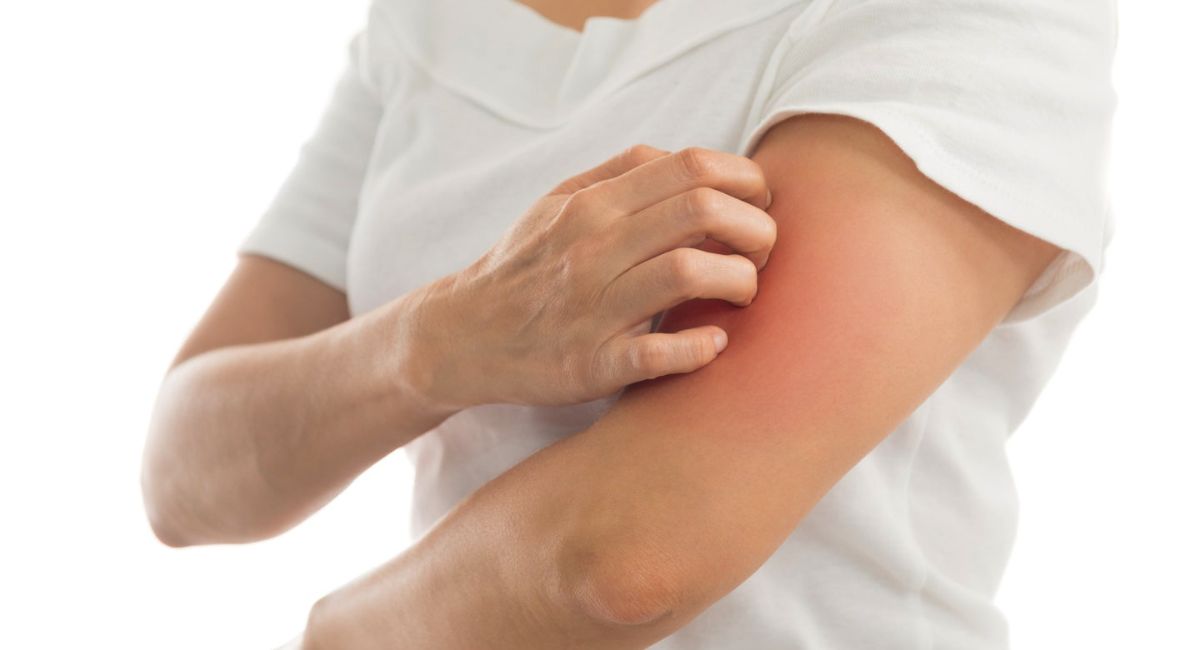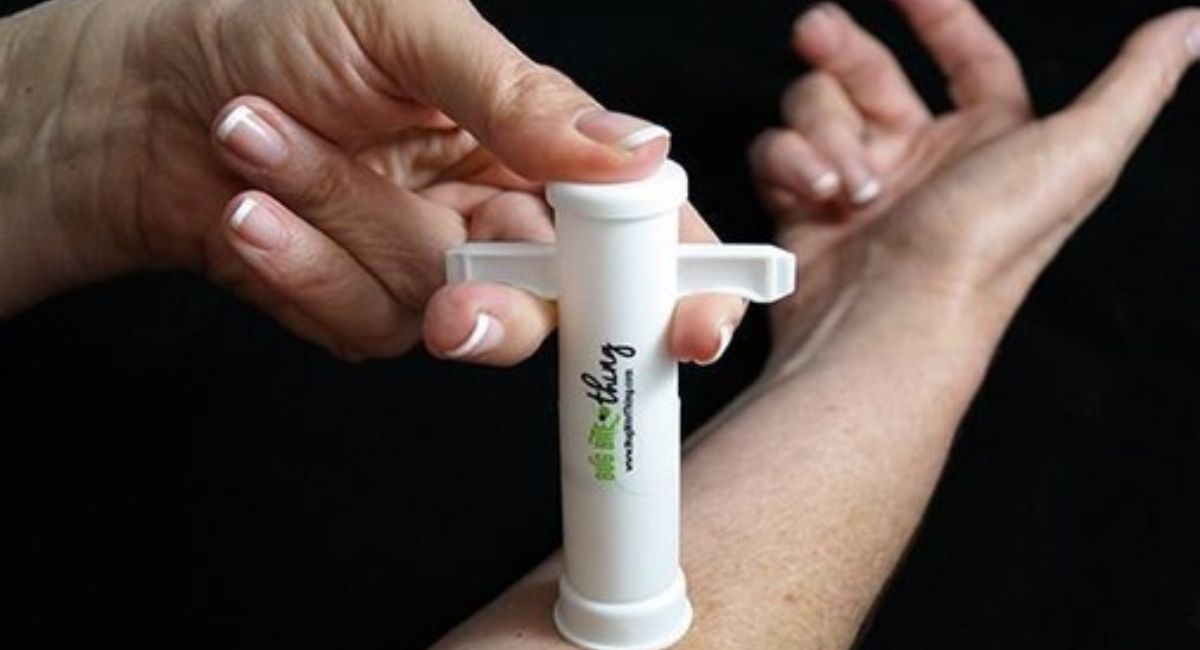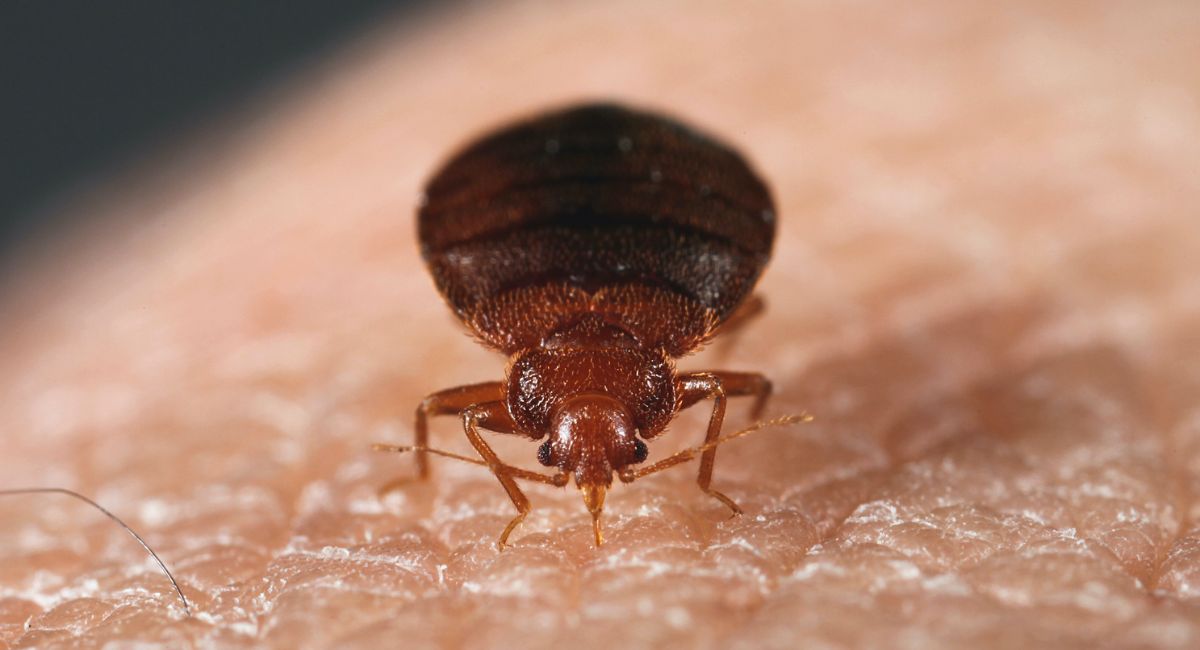Nothing is more annoying than getting bug bites while enjoying time outdoors or just relaxing at home. The itching and swelling can drive you crazy, and scratching only makes it worse. You might have tried creams or sprays, but sometimes they just don’t work fast enough or leave your skin irritated. It’s frustrating when a tiny bite can ruin your day.
In this post, you’ll discover natural remedies for bug bites that actually soothe itching and reduce swelling quickly. From simple home ingredients to herbal and Ayurvedic treatments, these solutions are safe, effective, and easy to use. We’ll also cover prevention tips and ways to heal bug bite marks, so you can feel comfortable and confident without relying on harsh chemicals.
Why Do Bug Bites Itch and Swell?
When a bug bites, it injects saliva or venom into your skin, which triggers your immune system. This response releases histamine, causing redness, swelling, and intense itching. Understanding what causes bug bite swelling helps you manage the reaction better. Scratching may provide temporary relief, but it can worsen inflammation and increase the risk of infection. Reducing redness and inflammation naturally is key to preventing long-term skin damage.
Different insects cause varying reactions. Mosquito bites are notorious for rapid swelling, while ant bites can cause a burning sensation. Bed bug bites may appear in clusters and last for days. Using natural skin remedies like cooling gels or herbal pastes can calm the irritation. Knowing how your body reacts allows you to choose the most effective treatment for bug bite inflammation relief.
What Happens to Your Skin After a Bug Bite?
Immediately after a bite, the skin often becomes red, raised, and itchy. The inflammation occurs as your body reacts to proteins in the insect’s saliva. In some cases, swelling and redness after bug bites may persist for several days. Minor bites heal quickly with simple home care, but repeated scratching can lead to infection. Maintaining cleanliness and using home remedies for itchy skin prevents secondary infections.
Over time, the bite can leave temporary marks or discoloration. People with sensitive skin or allergies may develop more severe reactions, including hives or blistering. Paying attention to symptoms of severe bug bite reactions is crucial. If swelling worsens or you notice spreading redness, fever, or pus, it is important to consult a medical professional immediately to avoid complications.

Fast Relief: How to Soothe Bug Bites Naturally
For quick relief from mosquito bites, applying a cold compress immediately can reduce swelling and numb the itch. Ingredients that soothe bug bite irritation like aloe vera, honey, or cucumber slices help calm the skin naturally. Some people find relief with oatmeal baths or applying baking soda paste, which neutralizes the bite’s chemicals and reduces itching.
How to treat bug bites at home safely involves gentle care. Avoid scratching, clean the area with mild soap, and apply natural remedies like calamine lotion alternatives including chamomile or calendula extracts. These remedies work quickly to reduce inflammation and promote healing while minimizing chemical exposure.
Proven Home Remedies for Bug Bites That Work
Simple household items can offer remarkable relief. Safe home remedies for insect bites include vinegar, lemon juice, and coconut oil. Vinegar balances skin pH and reduces itching, while coconut oil provides a soothing layer that prevents further irritation. Lavender or tea tree oils are excellent natural anti-itch solutions, offering antiseptic properties while calming the skin.
Many home remedies also help with healing bug bite marks. Applying aloe vera gel, honey, or herbal pastes twice a day reduces redness and speeds recovery. For stubborn bites, combining remedies such as oatmeal paste with essential oils enhances results. People often notice visible improvement within 24 to 48 hours, highlighting the effectiveness of effective remedies for multiple types of bug bites.
Herbal and Ayurvedic Treatments for Bug Bite Relief
Herbs have been used for centuries to treat herbal treatments for insect bites. Neem leaves, turmeric, and holy basil can reduce swelling and prevent infection. These natural ingredients contain anti-inflammatory and antibacterial compounds that soothe irritated skin quickly. Ayurvedic approaches use tailored pastes and oils to balance the skin and accelerate healing.
For example, mixing turmeric with coconut oil creates a natural anti-inflammatory paste. Herbal and Ayurvedic treatments for bug bites also include calendula, chamomile, and aloe vera. These remedies are gentle, safe, and effective, making them a preferred choice for families and individuals seeking chemical-free care.

Natural Ways to Reduce Itching, Redness, and Swelling
Diet and lifestyle also influence how your skin reacts to bug bites. Consuming omega-3 rich foods, vitamin C, and zinc strengthens skin and reduces inflammation. Staying hydrated supports skin repair, while natural ways to prevent bug bites like wearing breathable clothing or avoiding peak insect activity times reduce the frequency and severity of bites.
Topical remedies can also help. Using essential oils for bug bites, cooling gels, or oatmeal baths reduces itching and redness. Combining dietary care with external treatment creates a holistic approach to reducing redness and inflammation naturally. Maintaining this balance accelerates recovery and keeps skin healthy.
When to Seek Medical Help for Bug Bite Reactions
Most bites heal with natural remedies, but some require professional attention. Signs include swelling spreading rapidly, hives, difficulty breathing, or pus around the bite. Recognizing when to see a doctor for bug bites ensures safety. Allergic reactions can escalate quickly, so medical intervention is sometimes necessary to prevent complications.
Doctors may recommend antihistamines, topical steroids, or prescription creams for severe cases. Understanding symptoms of severe bug bite reactions helps you act promptly. If minor treatments fail or infections develop, professional care is essential for safe and quick recovery.
How to Prevent Bug Bites Naturally in the Future
Prevention is always better than cure. Preventing bug bites naturally involves using essential oils like citronella, peppermint, or eucalyptus. These oils repel mosquitoes and other insects effectively. Wearing protective clothing, installing screens, and using nets are practical approaches for outdoor and indoor protection.
Simple household changes also help. Eliminating standing water, maintaining clean yards, and planting insect-repelling plants are effective tips to avoid bug bites in summer. Following these measures consistently ensures fewer bites and reduces reliance on topical remedies.

Best Practices for Healing Bug Bites Faster
Healing is faster when you follow a routine. Clean the area gently, apply natural remedies consistently, and avoid scratching. Tracking progress ensures you notice best practices for healing skin after insect bites and take action if recovery slows.
Combining remedies like aloe vera for bug bites with cooling compresses, herbal pastes, and diet adjustments accelerates healing. Paying attention to hygiene, hydration, and gentle care helps reduce redness, swelling, and marks. These steps create a safe, effective routine for bug bite inflammation relief.
FAQs About Natural Remedies for Bug Bites
1. What heals bug bites the fastest?
The fastest way to heal bug bites is to clean the area immediately with soap and water, then apply a cold compress to reduce swelling. Over-the-counter anti-itch creams or natural remedies like aloe vera can help soothe irritation and speed up healing.
2. What is the best natural remedy for insect bites?
Some of the best natural remedies include aloe vera, honey, tea tree oil, and coconut oil. These help reduce inflammation, calm itching, and support faster skin recovery without harsh chemicals.
3. Can apple cider vinegar cure insect bites?
Apple cider vinegar can help relieve itching and disinfect the area due to its antibacterial properties, but it won’t “cure” the bite instantly. Apply a small amount to the bite with a cotton ball to calm irritation.
4. What draws poison out of a bug bite?
A cold compress or a paste made from baking soda and water can help neutralize venom and reduce swelling. Some people also find relief using honey or aloe vera, which help soothe the skin and speed recovery.
5. How to get rid of a bug bite in 2 days?
While complete healing in two days isn’t always possible, you can reduce redness, swelling, and itching by keeping the bite clean, using ice packs, and applying anti-inflammatory creams or natural remedies like aloe vera or tea tree oil. Avoid scratching to prevent infection.
6. What is the best natural itch reliever?
Aloe vera, witch hazel, and chamomile are some of the most effective natural itch relievers. They cool the skin, reduce inflammation, and provide gentle relief without side effects from chemical creams.
Final Thoughts
Bug bites can disrupt daily life, but natural remedies for bug bites that instantly soothe itching and swelling provide safe, effective solutions. Combining herbal treatments for insect bites, home remedies, and preventive measures ensures you reduce discomfort and accelerate healing. Remember, consistent care, monitoring for symptoms of severe bug bite reactions, and prevention strategies are key to keeping your skin healthy and irritation-free.
Using these natural approaches not only provides immediate relief but also improves skin resilience. By applying these remedies thoughtfully, you can enjoy outdoor activities without fear of itchy bug bites and minimize healing bug bite marks over time.

